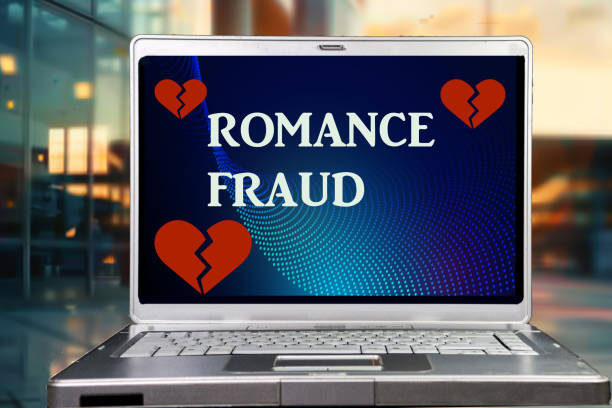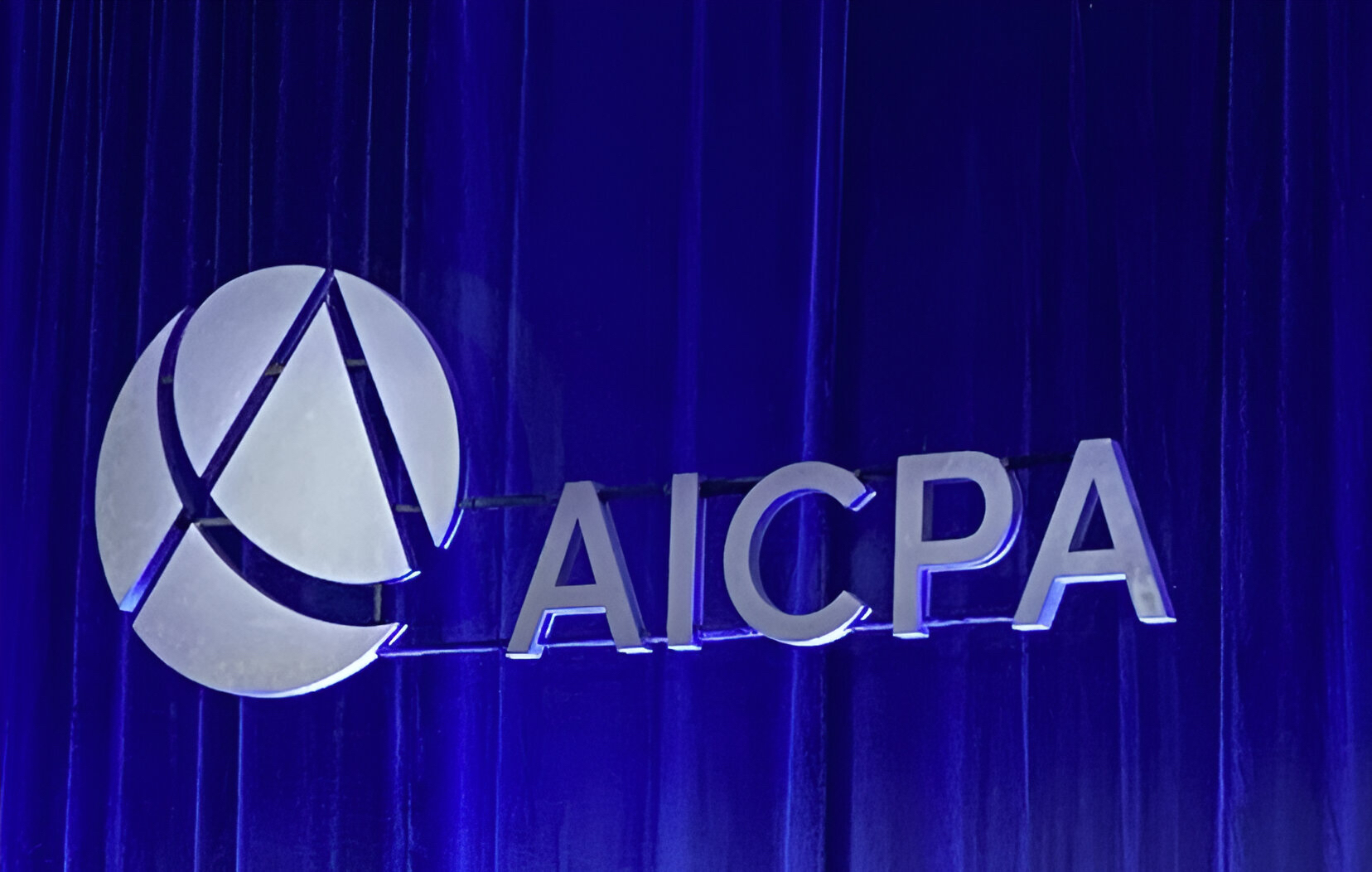The Supreme Court recently settled a divisive debate when it ruled that the Patient Protection and Affordable Care Act (PPACA) individual mandate is constitutional and that the “shared responsibility payment” is a tax. What does this mean for tax practitioners and their clients?
Background
Starting in 2014, the PPACA will require individuals, with few exceptions, to carry minimum health care coverage for themselves and their dependents, or pay a fee, referred to as a “shared responsibility payment.”
Prior to the Supreme Court decision, the original PPACA defined the shared responsibility payment as a “penalty” for individuals who decline to purchase health insurance under the required mandate. However, the Court concluded that the mandate was constitutional because the payment was part of Congress’ broad power to tax.Thus, the Court effectively stated that the required shared responsibility payment was, in fact, a tax.
How does this affect your clients? Clients who have health insurance through private providers or through Medicare or Medicaid, low-income individuals and certain special groups will be exempt from the individual mandate. But, according to Congressional Budget Office estimates, 4 million taxpayers in the United States will have to pay the mandate tax in 2014, when provisions in the new law are implemented.
Many of these 4 million taxpayers are among the 27 million small businesses in the U.S. Small business owners are often uninsured or underinsured, leaving them as a likely class that will be subject to the shared responsibility payment. — And the additional taxes owed could be substantial. The amount a taxpayer would owe depends on household income and family size. When the mandate provision is fully implemented in 2016, the additional tax liability will be $695 for each uninsured adult or 2.5% of family income, whichever is greater, up to $12,500.
The Mandate “Tax”
Regardless of how you feel about it, the shared responsibility payment will be a tax, as decided by the Supreme Court. — The original legislation identified the individual mandate payment as a penalty. However, the Supreme Court reasoned that the payment is a tax because it is not intended to be punitive in nature and because it applies even if the taxpayer unknowingly violates the mandate.
Whether or not you agree with the Court’s decision, one thing is clear: The IRS has the authority to assess and collect the tax. ??How the IRS will enforce the mandate tax remains to be seen. Today, the IRS sends a series of notices to taxpayers with unpaid balances. If the taxpayer does not pay the balance, the IRS routes the account its collection function, which enforces compliance through tax liens and levies of wages, income and certain financial accounts.
However, under the PPACA, the IRS is given limited authority to collect the new mandate tax. Under the current legislation, the IRS cannot route unpaid mandate tax balances to collection for enforcement, nor can it issue liens or levies. The IRS will be limited to sending notices and offsetting refunds to collect the tax.
The IRS commonly keeps refunds to collect back taxes owed, and the PPACA will not be an exception to this rule. In fact, in 2011, the IRS collected more than 31% of the balances owed for the year using credit transfers from refunds and other overpayments. For the majority of taxpayers, this is a viable option; 77% of 2011 returns filed received a refund averaging $2,707 per return.
What’s Next?
It’s unclear whether the Supreme Court’s ruling on the PPACA mandate tax will change the rules on how the IRS will enforce nonpayment. IRS Commissioner Douglas Shulman has not indicated that anything will change, but the IRS has started hiring additional attorneys and other personnel to implement and enforce health care laws.
The IRS has also taken the lead on many of the new provisions of the PPACA by implementing 11 of the 30 major tax provisions of the law. Leading up to 2014, it’s likely that Congress will expand the IRS’ authority to collect on the mandate tax and enforce what the Supreme Court recently made official, much like the IRS collects and enforces the Social Security Act tax obligations. Without additional collection authority, the PPACA shared responsibility payment has only limited enforceability.
About the Author
Jim Buttonow, CPA, CITP—Jim is Vice President of Product Development and Cofounder of the tax technology company New River Innovation. Jim’s professional mission is to apply emerging technology to problems faced by tax professionals after they file.
Jim is a CPA and former IRS Large Case Team Audit Coordinator. He worked at the IRS for 19 years. Since leaving the IRS, Jim has represented many clients before the IRS. At New River Innovation, Jim is the chief architect of Beyond415 (Beyond415.com), an award-winning technology for tax practitioners to efficiently handle IRS issues, notices and audits. Through Beyond415, Jim also develops and presents CPE series on IRS practice and procedure for issues that arise after filing, such as audits, notices and discrepancies. Jim regularly speaks on compliance trends and post-filing practice efficiency strategies for CPA and accounting firms.
Thanks for reading CPA Practice Advisor!
Subscribe Already registered? Log In
Need more information? Read the FAQs
Tags: IRS




